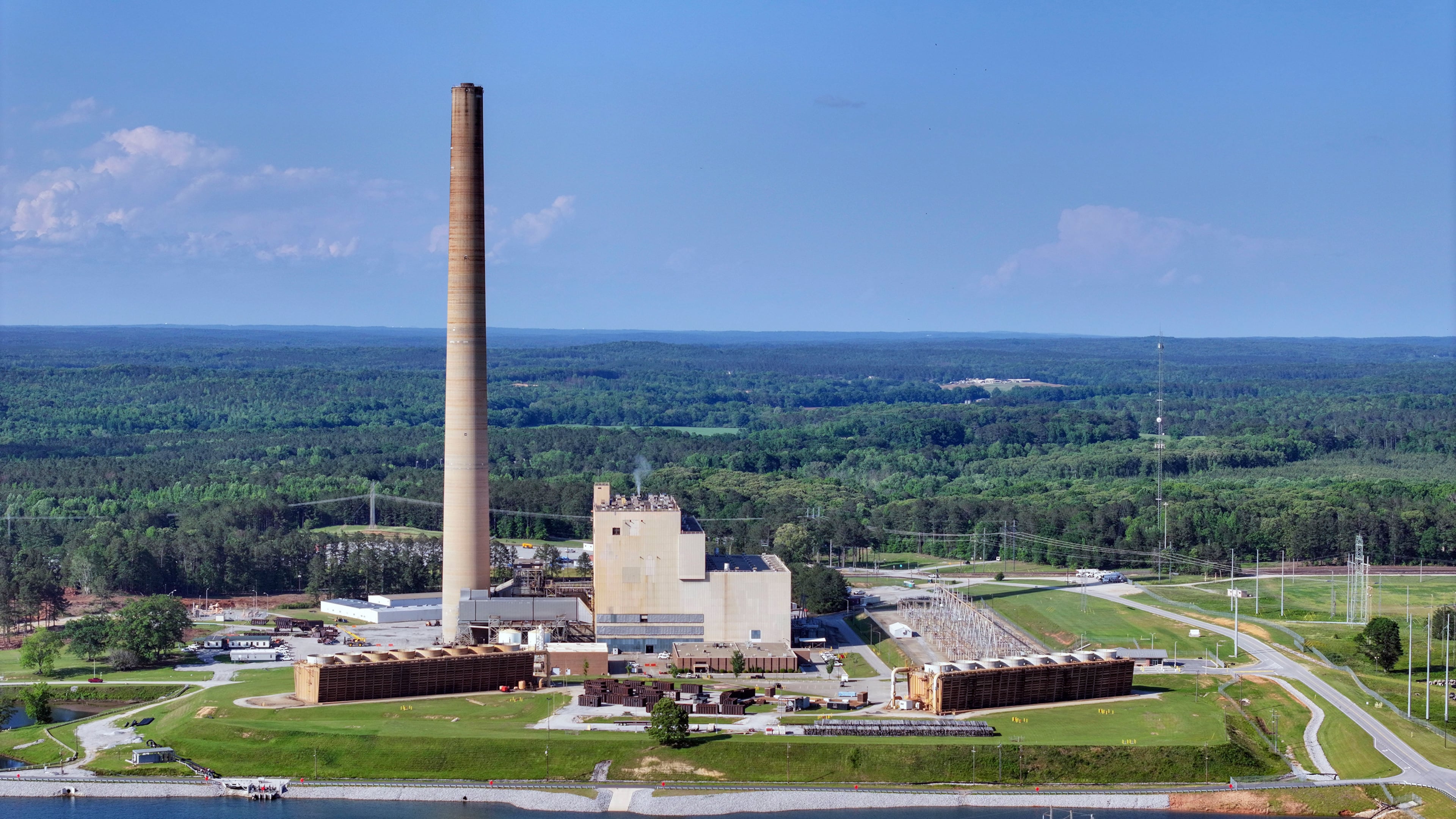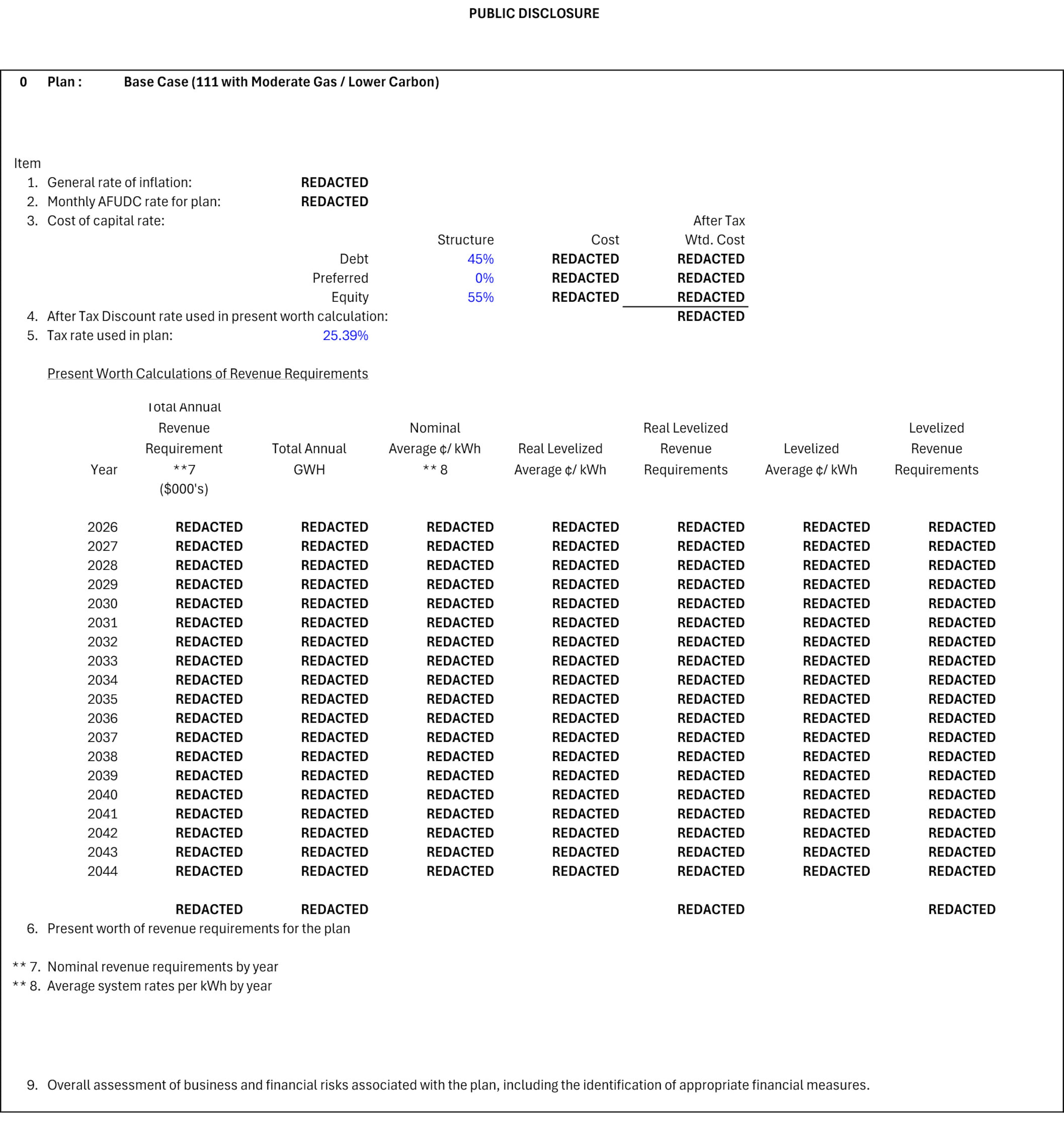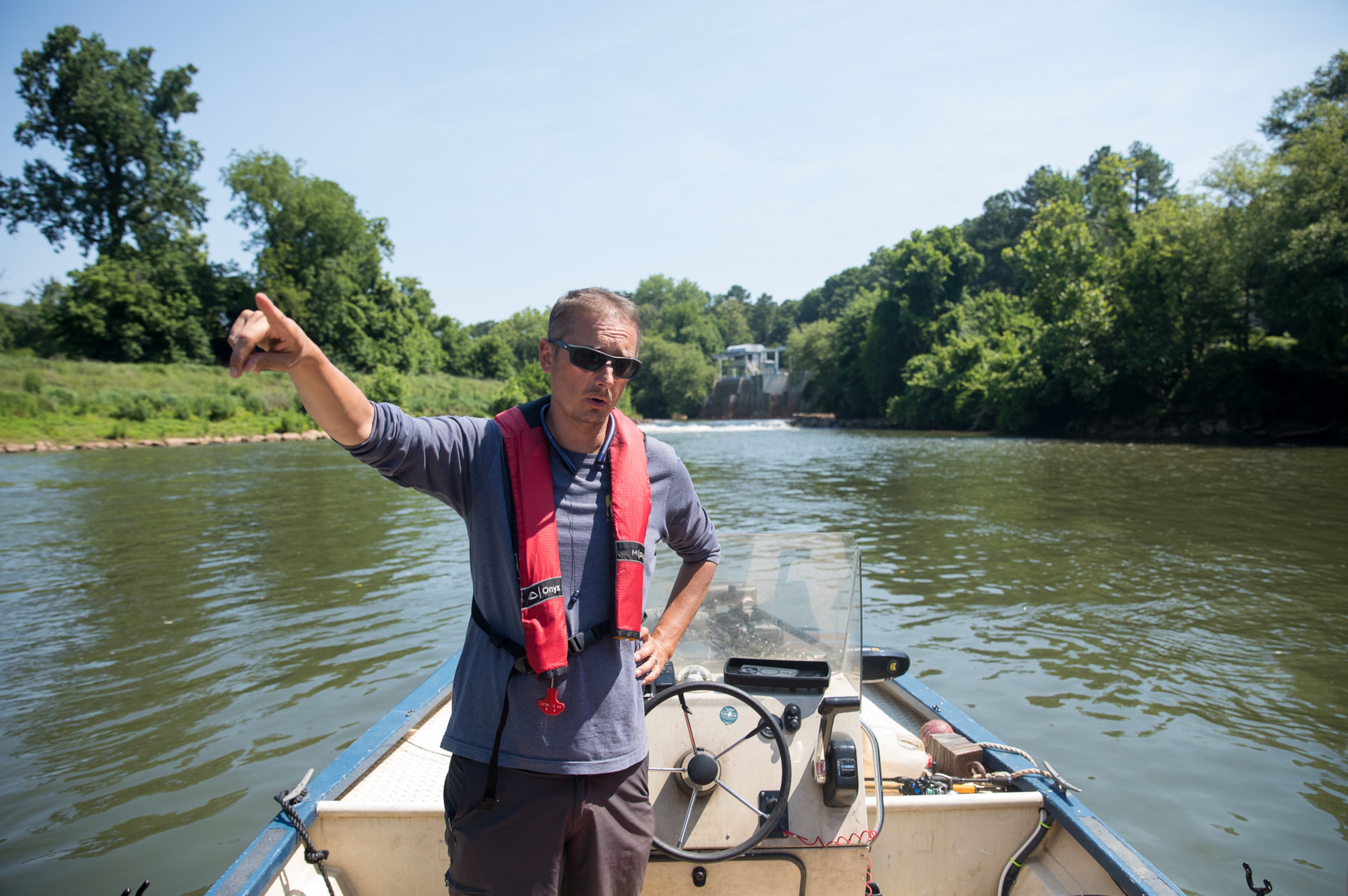Georgia Power can keep some financial details hidden from public, PSC rules

Georgia Power will be able to keep certain cost, power generation and transmission information shielded from public view for now, after state energy regulators denied a challenge to the practice Tuesday.
But the Georgia Public Service Commission signaled that it might consider changing what it allows the state’s largest electricity utility and others under its jurisdiction to keep hidden.
Tuesday’s hearing focused on a motion filed by the Southern Environmental Law Center, a consumer and environmental advocacy group, on behalf of two clean energy groups: Georgia Interfaith Power and Light, and Southface Energy Institute.
The groups were challenging Georgia Power’s use of “trade secret” designations in filed testimony and other submissions to the PSC to avoid public disclosure of certain information. The utility frequently redacts chunks of certain filings, claiming the information is “confidential and proprietary,” and that its public release could put the company at an economic disadvantage.

The SELC and others who “intervene” in PSC cases can sign nondisclosure agreements to view information Georgia Power deems trade secret, but it’s not readily available to the general public. The groups argued the company’s “inappropriate” use of the label “makes it impossible to communicate publicly about essential topics in the regulatory process.”
Their motion focused on information that was kept under wraps during the monthslong case over the utility’s 2025 long-range energy road map, but Georgia Power has redacted large portions of filings in many other cases.
The groups asked the PSC to order the release of a range of information, from cost estimates for its current grid expansion to the contribution of “large load” customers like data centers to their forecasts.
The SELC attorneys argued the company had not proven much of the data it withholds qualifies as trade secret.
They also argued the company’s claims that competitors could use this information to gain an advantage were purely hypothetical, pointing out that Georgia Power is a monopoly utility with a designated service territory. Homes and most businesses with those boundaries cannot choose who they get their electricity from.
Steve Hewitson, an attorney for Georgia Power, argued the company competes for data centers and other “large load” customers, who are allowed to pick their electric service provider. He added that the groups did not demonstrate why the information they sought was important to the public.
“For the most part, the information GIPL (Georgia Interfaith Power and Light) seeks to make public in this motion is highly technical information that would mean very little to the general public,” Hewitson said.
Jennifer Whitfield, a senior attorney at the SELC, said regulated utilities in other states often disclose the kinds of information Georgia Power conceals.
“Georgia Power is right — it discloses a lot of information in every filing.” said Jennifer Whitfield, a senior attorney at the SELC. But, she added, “It also redacts an enormous amount of information that keeps it out of step with other utilities across the country.”

The hearing was heated at times.
At one point, Commissioner Tricia Pridemore took issue with a line of questioning the SELC’s Whitfield directed at Georgia Power’s witnesses. Whitfield asked the utility’s staff whether they “had any reason to believe other utility commissions don’t want to protect their utilities from economic harm?”
Pridemore jumped in, calling Whitfield’s question “appalling.”
“You’re asking a utility to analyze the work of another state utility commission?” Pridemore said. “They don’t work in that state.”
After a motion from Pridemore, the commission ultimately rejected the groups’ challenge. But Pridemore’s motion directed PSC staff to recommend the information they would like publicly revealed in future cases.
The commissioners indicated they might reevaluate transparency rules and the use of trade secret labels in the future. Any changes would apply to all utilities the agency regulates — not just Georgia Power.
It was not immediately clear when the PSC staff would supply its recommendations, or when the commission would take them under consideration.



